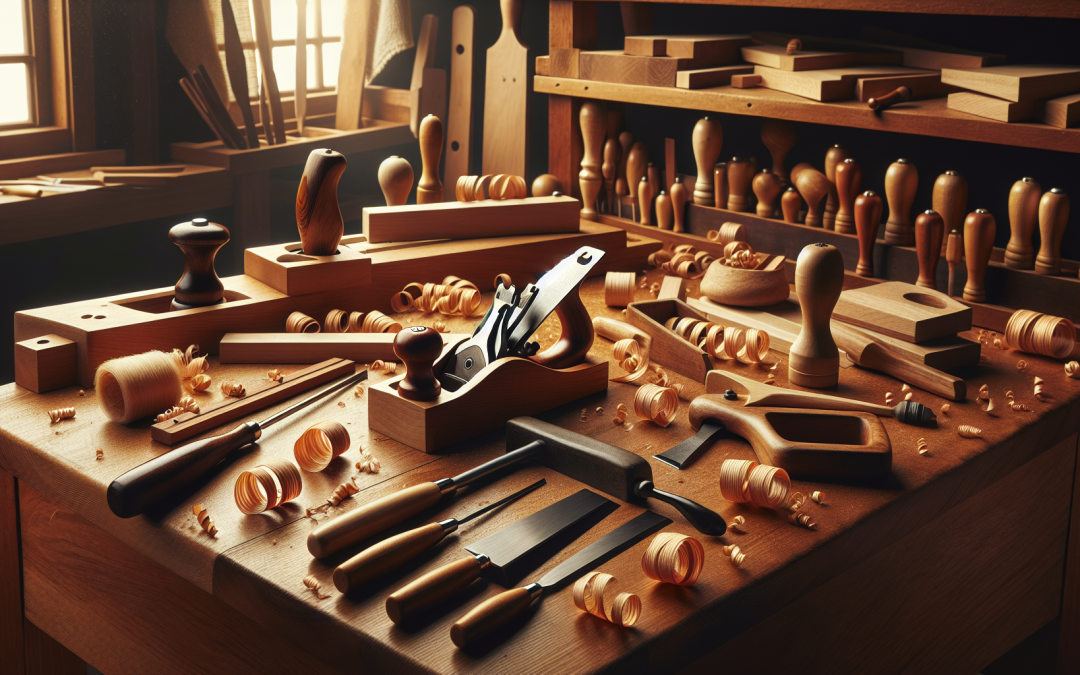Woodworking is more than just an outlet for creativity or a means to create functional and beautiful pieces. The rhythmic sanding, meticulous measuring, and careful constructing of wood can serve as a therapeutic channel where pent-up stress is released and a sense of calm is induced. Let’s delve into the overall mental health benefits of this remarkable craft.
Woodworking as a Mindfulness Exercise
In a world brimming with digital distractions, woodworking allows you to fully engage your senses, ushering you into a state of mindfulness. The distinctive smell of freshly cut wood, the corky texture under your fingertips, and the sound of a smooth saw cut can provide a form of meditation, grounding you in the present. It’s exactly what’s showcased in “embracing the wood carving skillset” where the post emphasizes the detail and concentration required in the woodworking process.
If you commit to learning woodworking, you’ll eventually build a relationship of deep respect towards the wood’s natural grain and unique features, as beautifully illustrated in the post, “Unleashing the Beauty of Wood Grains”. Not only do you become more attuned to intricate details, but you also become more mindful and appreciative of the surrounding natural materials.
Moreover, woodworking encourages a rhythm of consistent practice and patience. In a world where instant gratification is sought, this craft teaches you the value of delaying satisfaction, fostering patience and perseverance.
Stress-reducing Effects of Woodworking
Woodworking is an excellent stress-relieving hobby. The simple act of working with your hands and focusing your mind can reduce anxiety and calm an overactive mind. Carving, measuring, or smoothing wood can be an all-engrossing activity, comparable to knitting or painting, which can provide mental respite from anxieties and daily hassles. For instance, the process of trying to create a perfect dovetail joint or avoiding common woodworking mistakes requires a high level of concentration that gives very little room for worry and negative thinking.
Improving your precision cutting skills, as mentioned in the post “Master the Art of Precision Cuts – Tips from the Pros,” can be a soothing and rewarding practice. Concentrating on the task at hand and seeing a raw piece of wood transformed into an intricate, finished project releases a sense of fulfilment and satisfaction which is beneficial for your mental wellness. Furthermore, the process often nullifies tensions and worries, fostering peace in your mind.
A successful woodworking project can also foster an extraordinary sense of accomplishment, which contributes positively to mental health. From choosing the right saw to creating a smooth, lasting finish

